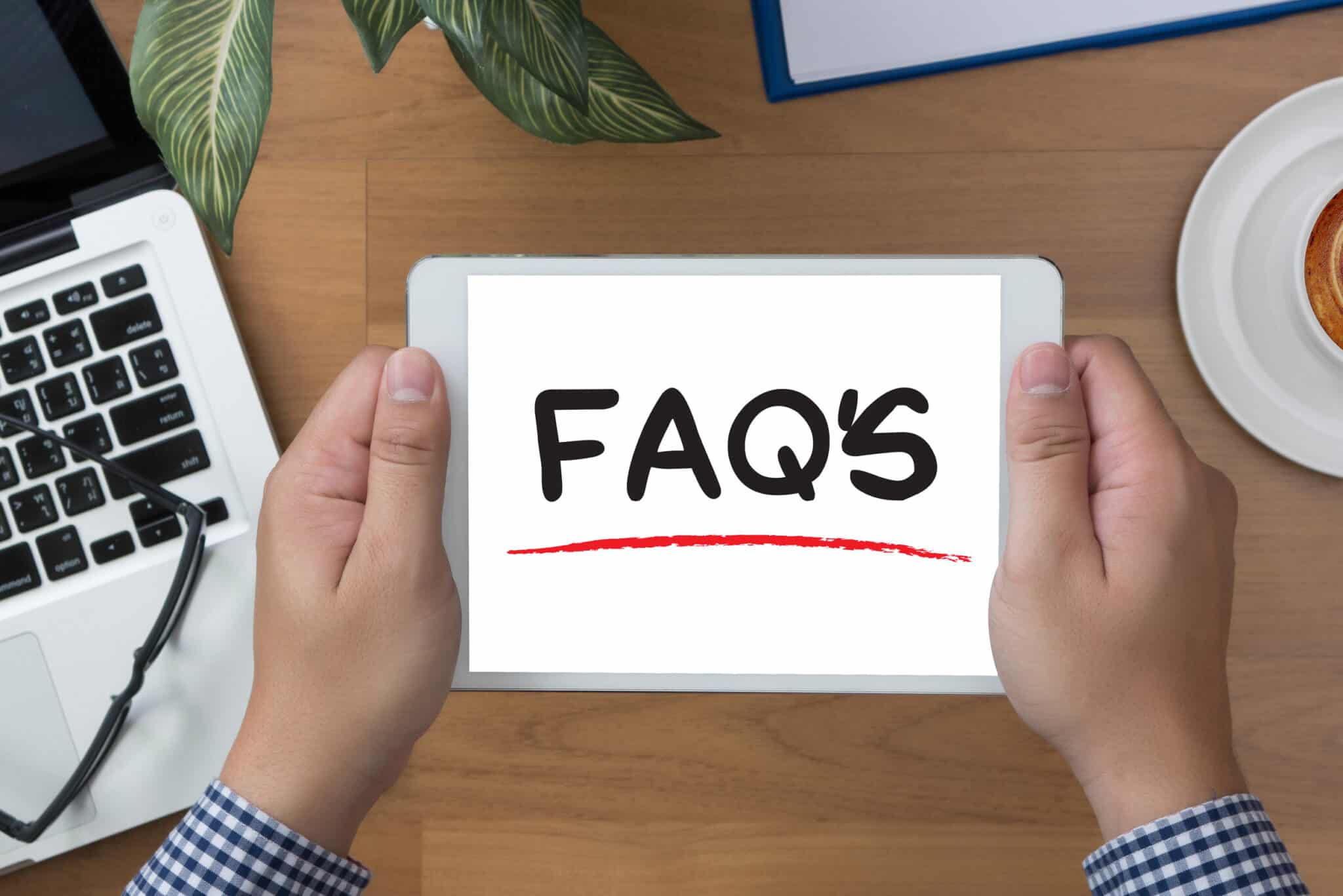Have you experienced harm due to a pharmacist’s negligence? In this post, we’ll detail how a pharmacy negligence case works. We’ll also tell you what elements you need in order to win a claim and receive compensation.
The Role of Pharmacists in Florida Medical Care
Pharmacists play an important role in healthcare. They dispense medications that could have serious or fatal consequences if administered in the wrong way. If a pharmacist acted with negligence in your case, you may have grounds to file a claim for compensation.
Pharmacists are responsible for various tasks, including the following:
- Referring to the patient’s medical history before dispensing a prescription
- Warning the patient of a medication’s potential side effects
- Keeping track of multiple prescriptions to ensure no adverse interactions occur
- Communicating with the doctor if a concern exists about the prescription
- Discussing the medication with the patient
Negligence, or failure to act in accordance with reasonable standards, can happen in any of those tasks. A single act of negligence can cause serious problems for you, and you shouldn’t have to foot the bill for someone else’s mistake. An experienced Florida injury attorney can handle your case for you and fight to get you the compensation you deserve.
Common Reasons for Pharmacy Negligence
These are the most common ways pharmacy negligence occurs.
Wrong Medication
When the wrong medication is dispensed, disaster can result. A mistake can occur in several ways. For example, a pharmacist may put the wrong medication in the bottle. Or the strength of the drug may be altered for the correct medication. This is often a clear case of negligence that will hold up in court.
Even if a pill manufacturer accidently altered the look of the pill, a pharmacist is expected to catch the error and make a correction.

Failure to Know Patient History
Pharmacists are expected to be familiar with a patient’s allergies and conditions to know which drugs will be safe to use.
With a first-time visit, a pharmacist can ask the patient about his or her allergies and other risks before handing over the medication.
If the pharmacist doesn’t have the patient’s medical history, he or she is required to obtain it from the patient’s doctor before dispensing the medication or require the patient to return to the doctor.
A pharmacist who gives the patient medication without taking medical history into account can face negligence charges.
Failing to Keep Track of Multiple Prescriptions
If a patient must take several drugs at one time, a pharmacist is responsible for knowing how those drugs will interact with each other. Failing to ask about other prescriptions and take them into account could count as negligence.
Other Acts of Negligence
Pharmacists are trusted to mix the correct dosages and provide close supervision to lab technicians. If anyone in the chain of pharmacy care makes a mistake that causes you harm, you may have grounds for a pharmacy negligence lawsuit.
Even if a pharmacist’s negligence does not cause the development of a disease, he or she can still be held liable if the medication negatively alters the patient’s experience. For example, changing the medication may reduce the lifespan of a person with a terminal illness. This is because negligence applies to cases in which the patient’s ability to recover or stay alive is negatively affected.
Filing a Florida Pharmacy Negligence Lawsuit
A pharmacy negligence lawsuit has the same elements of other medical malpractice lawsuits. It involves four essential elements:
Duty. The pharmacist had a duty to serve the patient’s needs.
Breach. The pharmacist failed to perform up to the duty’s standard.
Causation. The pharmacist’s failure caused harm to the patient.
Damages. The patient can seek compensation, or damages, for the harm caused by the pharmacist.
All four of these elements must be proven for a case to go to court. For example, if the pharmacist filled your prescription with the wrong drug, but you never took it, you cannot file a claim because you endured no harm.
In a case with such specific terms, expert witnesses will be called upon to present testimony as to whether a pharmacist’s actions were negligent. A skilled attorney will know which experts to use to increase the chances that you will win your case.
Your lawyer will access your medical files as evidence of your medical history, allergies, drug interactions, and results after the pharmacist’s negligence. A knowledgeable attorney will understand how to interpret the data in your favor.

Reach out today for a free consultation. We will let you know what options are available to you based on the facts of your case.
About the Author:
Andrew Winston is a partner at the personal injury law firm ofWinston Law. For over 20 years, he has successfully represented countless people in all kinds of personal injury cases, with a particular focus on child injury, legal malpractice, and premises liability. He has been recognized for excellence in the representation of injured clients by admission to the Million Dollar Advocates Forum, is AV Preeminent Rated by the Martindale-Hubbell Law Directory, enjoys a 10.0 rating by AVVO as a Top Personal Injury Attorney, has been selected as a Florida “SuperLawyer” from 2011-2017 – an honor reserved for the top 5% of lawyers in the state – and was voted to Florida Trend’s ”Legal Elite”andas one of the Top 100 Lawyers in Florida andone of theTop 100 Lawyers in the Miami areafor 2015, 2016, and 2017.

 Common Daycare Injuries and What Florida Parents Can Do
Common Daycare Injuries and What Florida Parents Can Do 









